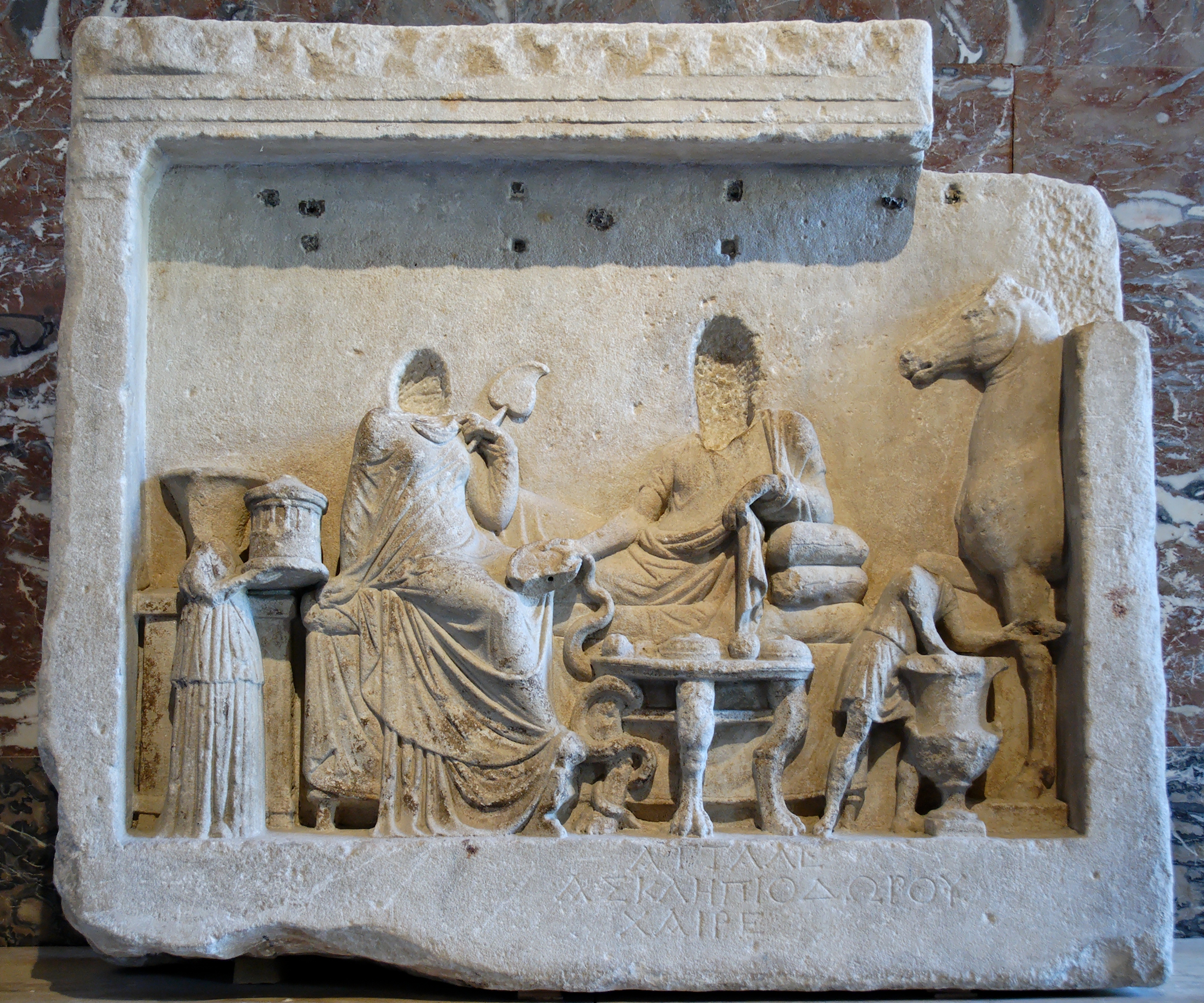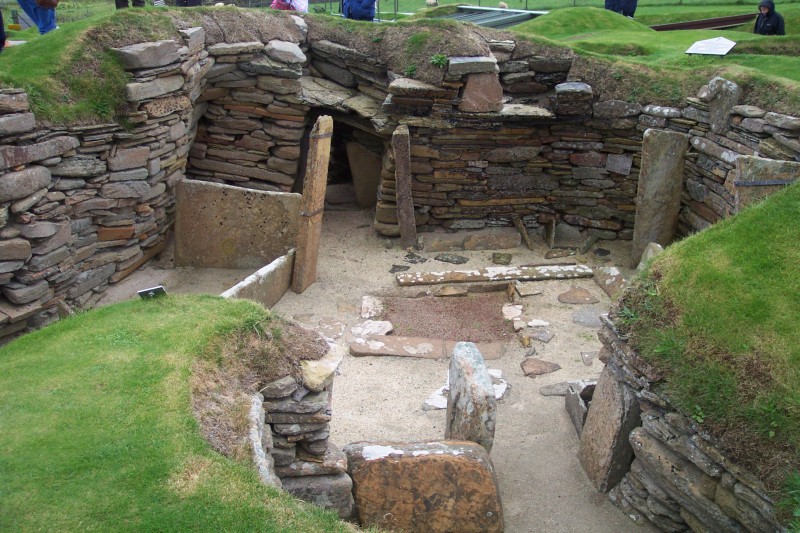|
Cyzicene Hall
A Cyzicene hall is the architectural term derived from the Latin word '' cyzicenus'' given by Vitruvius to the large hall used by the Greeks that faced north, with a prospect towards the gardens; the windows of this hall opened down to the ground, so that the green verdure could be seen by those lying on the couches. A Cyzicene hall is similar to the Roman ''triclinium'', although much larger. Latin ''Cyzincenus'' is a borrowing of grc-koi, Κυζικηνός, meaning "of the city of Cyzicus Cyzicus (; grc, Κύζικος ''Kúzikos''; ota, آیدینجق, ''Aydıncıḳ'') was an ancient Greek town in Mysia in Anatolia in the current Balıkesir Province of Turkey. It was located on the shoreward side of the present Kapıdağ Peni ...". References * *Sturgis, Russel. Cyzicene Hall in ''A Dictionary of Architecture and Building, Biographical, Historical, . . .'' MacMillan Co., 1901, pp. 738–739. Rooms Passive cooling {{room-stub ... [...More Info...] [...Related Items...] OR: [Wikipedia] [Google] [Baidu] |
Architecture
Architecture is the art and technique of designing and building, as distinguished from the skills associated with construction. It is both the process and the product of sketching, conceiving, planning, designing, and constructing buildings or other structures. The term comes ; ; . Architectural works, in the material form of buildings, are often perceived as cultural symbols and as works of art. Historical civilizations are often identified with their surviving architectural achievements. The practice, which began in the prehistoric era, has been used as a way of expressing culture for civilizations on all seven continents. For this reason, architecture is considered to be a form of art. Texts on architecture have been written since ancient times. The earliest surviving text on architectural theories is the 1st century AD treatise '' De architectura'' by the Roman architect Vitruvius, according to whom a good building embodies , and (durability, utility, and beauty). ... [...More Info...] [...Related Items...] OR: [Wikipedia] [Google] [Baidu] |
Cyzicenus , a king of the Seleucid Empire.
* Gelasius of Cyzicus (Gelasius Cyzicenus), an ecclesiastical writer in the 5th century
__NOTOC__ Cyzicenus may refer to: People * Antiochus IX Cyzicenus Antiochus IX Eusebes Cyzicenus ( gr, Ἀντίοχος Εὐσεβής Κυζικηνός, "Antiochus the Pious, the Cyzicene") was a ruler of the Hellenistic Seleucid kingdom. He was the son of Antiochus VII Sidetes and Cleopatra Thea. Other * Cyzicene hall, an architectural term. {{disambiguation, hn ...[...More Info...] [...Related Items...] OR: [Wikipedia] [Google] [Baidu] |
Vitruvius
Vitruvius (; c. 80–70 BC – after c. 15 BC) was a Roman architect and engineer during the 1st century BC, known for his multi-volume work entitled ''De architectura''. He originated the idea that all buildings should have three attributes: , , and ("strength", "utility", and "beauty"). These principles were later widely adopted in Roman architecture. His discussion of perfect proportion in architecture and the human body led to the famous Renaissance drawing of the ''Vitruvian Man'' by Leonardo da Vinci. Little is known about Vitruvius' life, but by his own descriptionDe Arch. Book 1, preface. section 2. he served as an artilleryman, the third class of arms in the Roman military offices. He probably served as a senior officer of artillery in charge of ''doctores ballistarum'' (artillery experts) and ''libratores'' who actually operated the machines. As an army engineer he specialized in the construction of ''ballista'' and '' scorpio'' artillery war machines for sieges. ... [...More Info...] [...Related Items...] OR: [Wikipedia] [Google] [Baidu] |
Ancient Greece
Ancient Greece ( el, Ἑλλάς, Hellás) was a northeastern Mediterranean civilization, existing from the Greek Dark Ages of the 12th–9th centuries BC to the end of classical antiquity ( AD 600), that comprised a loose collection of culturally and linguistically related city-states and other territories. Most of these regions were officially unified only once, for 13 years, under Alexander the Great's empire from 336 to 323 BC (though this excludes a number of Greek city-states free from Alexander's jurisdiction in the western Mediterranean, around the Black Sea, Cyprus, and Cyrenaica). In Western history, the era of classical antiquity was immediately followed by the Early Middle Ages and the Byzantine period. Roughly three centuries after the Late Bronze Age collapse of Mycenaean Greece, Greek urban poleis began to form in the 8th century BC, ushering in the Archaic period and the colonization of the Mediterranean Basin. This was followed by the age of Classical G ... [...More Info...] [...Related Items...] OR: [Wikipedia] [Google] [Baidu] |
Triclinium
A ''triclinium'' (plural: ''triclinia'') is a formal dining room in a Roman building. The word is adopted from the Greek ()—from (), "three", and (), a sort of couch or rather chaise longue. Each couch was sized to accommodate a diner who reclined on their left side on cushions while some household slaves served multiple courses brought from the ''culina'', or kitchen, and others entertained guests with music, song, or dance. The ''triclinium'' was characterized by three '' lecti'' (singular ''lectus'': bed or couch), called ''triclinares'' ("of the ''triclinium''"), on three sides of a low square table, whose surfaces sloped away from the table at about 10 degrees. Diners would recline on these surfaces in a semi-recumbent position. The fourth side of the table was left free, presumably to allow service to the table. Usually the open side faced the entrance of the room. In Roman-era dwellings, particularly wealthy ones, ''triclinia'' were common and the hosts and guest ... [...More Info...] [...Related Items...] OR: [Wikipedia] [Google] [Baidu] |
Cyzicus
Cyzicus (; grc, Κύζικος ''Kúzikos''; ota, آیدینجق, ''Aydıncıḳ'') was an ancient Greek town in Mysia in Anatolia in the current Balıkesir Province of Turkey. It was located on the shoreward side of the present Kapıdağ Peninsula (the classical Arctonnesus), a tombolo which is said to have originally been an island in the Sea of Marmara only to be connected to the mainland in historic times either by artificial means or an earthquake. The site of Cyzicus, located on the Erdek and Bandırma roads, is protected by Turkey's Ministry of Culture. History Ancient The city was said to have been founded by Pelasgians from Thessaly, according to tradition at the coming of the Argonauts; later it received many colonies from Miletus, allegedly in 756 BC, but its importance began near the end of the Peloponnesian War when the conflict centered on the sea routes connecting Greece to the Black Sea. At this time, the cities of Athens and Miletus diminished in impo ... [...More Info...] [...Related Items...] OR: [Wikipedia] [Google] [Baidu] |
Rooms
In a building or large vehicle, like a ship, a room is any enclosed space within a number of walls to which entry is possible only via a door or other dividing structure that connects it to either a passageway, another room, or the outdoors, that is large enough for several people to move about, and whose size, fixtures, furnishings, and sometimes placement within the building or ship support the activity to be conducted in it. History Historically, the use of rooms dates at least to early Minoan cultures about 2200 BC, where excavations at Akrotiri on Santorini reveal clearly defined rooms within certain structures. In early structures, the different room types could be identified to include bedrooms, kitchens, bathing rooms, closets, reception rooms, and other specialized uses. The aforementioned Akrotiri excavations reveal rooms sometimes built above other rooms connected by staircases, bathrooms with alabaster appliances such as washbasins, bathing tubs, and toilets, a ... [...More Info...] [...Related Items...] OR: [Wikipedia] [Google] [Baidu] |


.jpg)

